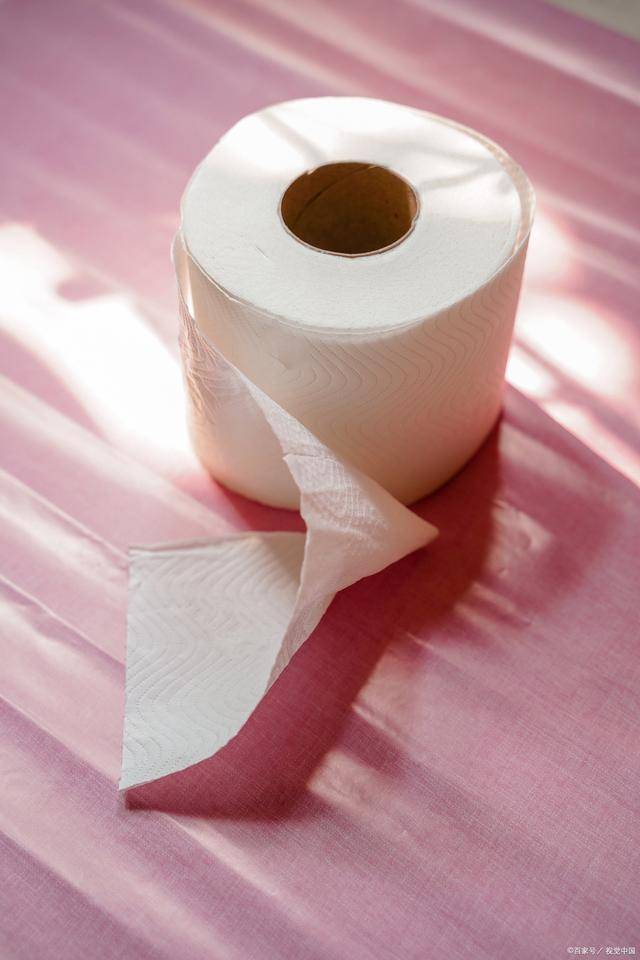In married life, many details are often overlooked, one of which is the cleanliness and care after sexual activity. Some men habitually just use tissue paper to wipe themselves after sex, but this practice may conceal hidden health risks.
First, Danger Zone One: Behind a piece of paper hides many risks
Case introduction: Xiaowang and Xiaoli are a loving couple. After sexual activity, Xiaowang always habitually uses tissue paper to wipe himself, thinking everything is fine. After a while, Xiaoli found symptoms such as vaginal itching and abnormal discharge, and after examination, the doctor diagnosed her with vaginitis.
Medical analysis: After sexual activity, both men and women should thoroughly clean. Tissue paper lightly touches, leaving reproductive bacteria difficult to remove completely. Contact during sex can transmit bacteria, leading to infections for partners. It is recommended to clean with running water and specialized cleaning products after sexual activity to ensure genital hygiene.
Second, Danger Zone Two: Neglecting cleanliness can lead to urinary tract infections
Lao Zhang and his wife have been happily married for many years. Recently, Lao Zhang has been experiencing frequent urgent and painful urination, which was diagnosed as a urinary tract infection. Upon inquiry, it was revealed that Lao Zhang never performed specific cleaning after sexual activity.
Urinary tract infections are health risks that cannot be ignored in married life. Bacteria can enter the body during sex, leading to infections. Both men and women should clean the urethral opening after sex, especially men. Men should wash the urethral opening with warm water after sexual activity to prevent bacteria growth.
Third, Danger Zone Three: Improper cleaning can trigger gynecological diseases
Xiaofang recently noticed abnormal menstrual cycle and significantly increased menstrual flow. Worried, she went to the hospital and was diagnosed with endometriosis. Xiaofang was surprised to find that this was related to her improper cleaning after sexual activity.
Gynecological diseases are common among women and often related to improper cleaning after sexual activity. Endometriosis, a common gynecological condition, often stems from retrograde menstrual flow. If women do not correctly clean their genital organs after sex, menstrual blood may flow back into the abdomen, leading to endometriosis. Women should clean their genital organs with running water and specialized cleaning products after sexual activity to ensure hygiene.
Fourth, Danger Zone Four: Neglecting emotional communication affects intimacy
Xiaoming and Xiali are a young couple who always seek excitement and pleasure in sexual activity but overlook the importance of emotional communication. Gradually, they realize that their intimacy is fading, replaced by coldness.
Sexual activity is not just about physical needs but also a bond for emotional communication. If couples only focus on physical pleasure during sex and neglect emotional communication, their intimacy becomes fragile and unstable. Couples should emphasize emotional communication during sex, expressing love and care through words, physical touch, etc., to enhance intimacy and happiness.
Five, Scientific Suggestions for Care
Use running water and specialized cleaning products: After sexual activity, both partners should use running water and specialized cleaning products for cleaning. Avoid using harsh cleaning products that may damage the natural defense mechanisms of the reproductive organs.
Emphasize emotional communication: Couples should emphasize emotional communication during sexual activity by expressing love and care through words, physical touch, etc. This promotes intimacy, happiness, emotional exchange, and understanding.
Regular check-ups for reproductive health: Regular medical check-ups are important for preventing and treating potential illnesses that may affect reproductive health.
Living a healthy life, caring for reproductive health, is crucial. Couples should develop good habits together, such as balanced diet, moderate exercise, adequate sleep, to improve immunity and resistance.
In married life, cleanliness and emotional communication are equally important. Through scientific care and healthy living, couples can maintain a healthy and happy relationship.


